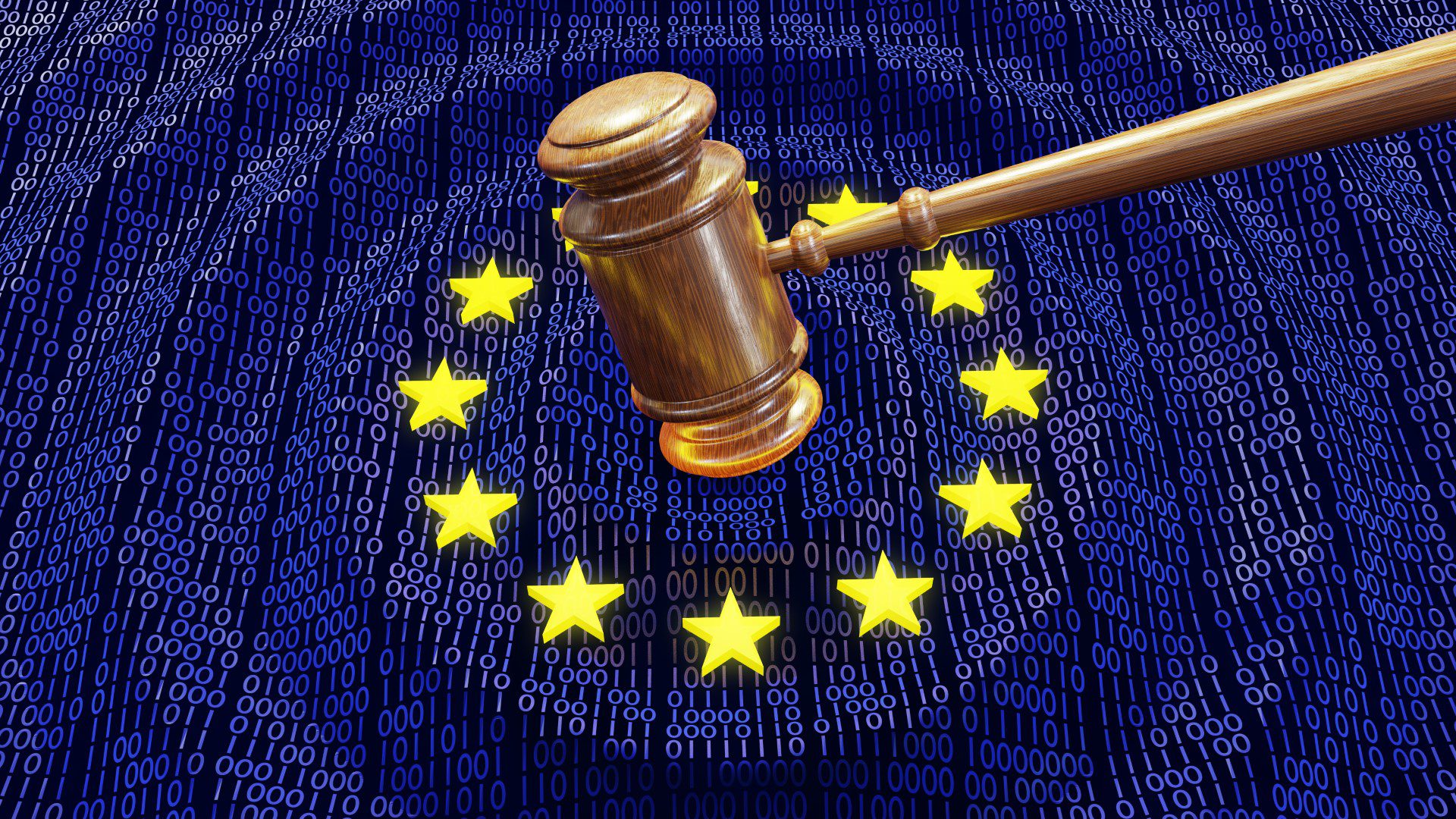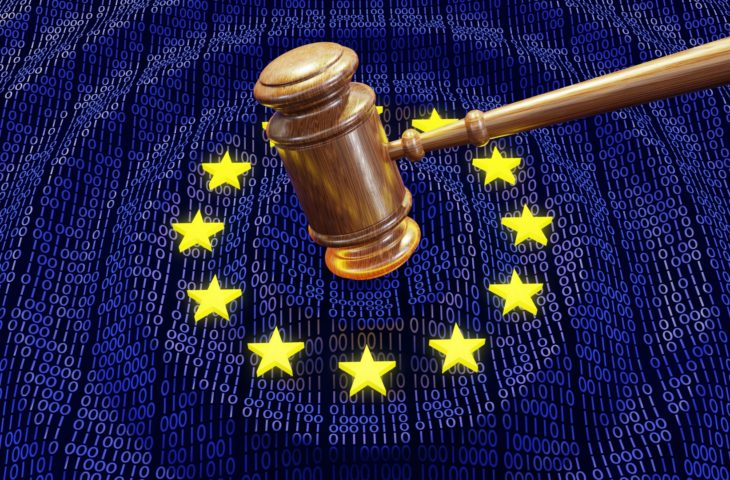From now on, EU citizens should feel a little safer online. The Digital Services Act comes into force today.
From today, large internet companies within the European Union will have to comply with numerous additional rules. With the Digital Services Act, the EU wants to protect its citizens much better when they are online.
For a safer digital Europe
The law currently applies to the biggest in the digital world: companies like Meta, X, Amazon, TikTok, Google or Apple. They now have to comply with stricter rules regarding privacy, data, harmful content and false information.
In recent years, Europe has become increasingly involved in the fight against online abuse in various areas. For example, the Digital Markets Act has been in place since May, which is intended to ensure more transparency in the business transactions of the large Internet companies. The European Commission is also working on the Cyber Resilience Act, which will introduce stricter security requirements for digital products. Now there is also an active Digital Services Act.
Social media will look a little different again, but maybe in a positive way this time. Users need to have more control over it.
On platforms like TikTok or Instagram, you have the option to limit the algorithm to show less exclusive content around what the system sees as your personal interests.
Dark patterns
Also, it is becoming increasingly difficult for companies to subtly (not very) push you into certain actions or agreements. For example, an app may ask you to access your photos and offer you options when installing it Yes or Not now, but no no. This means that you cannot refuse pertinently.
Another example is not being able to continue on a website without creating an account even though you may not want to. That’s called one dark pattern And the EU now wants to curb such practices much more. You must be able to say “no”; access, rogue accounts, and basically anything you’re legally entitled to.
For the haters
Anyone who’s ever dipped their pinky toe in that puddle knows that the internet can be a filthy mess of bigotry. Under the Digital Services Act, companies need to monitor what appears on their platforms much more closely.
Hate speech needs to be further restricted. A look at certain comment sections or posts on various social networks on a slightly more sensitive topic immediately shows that it’s a very good idea.
Illegal
With the Digital Services Act, the European Union is also targeting more “classic” illegal activities. Web shops need to be stricter when it comes to selling counterfeit brands, which are still far too often offered by third-party retailers, for example.
Also, it’s still far too easy to buy and run ads on specific social media. Things that are nothing short of pure scams are still popping up in people’s feeds far too quickly. If you’ve ever seen a BV in an ad promising to make you as rich as he does, you’ll know what we mean. It is no coincidence that such criminals in such cases focus primarily on platforms on which mostly older generations are active. Unfortunately, they are often even less vigilant.
Would someone please think of the children?
Not only the older generation, but also minors can often use additional protection online. For example, companies need to take tougher action against bullying videos, which unfortunately are very relevant in our country at the moment. Bullying often goes further online – even more severely – and platforms need to be tougher on it too.
In this category, companies also need to be better at dealing with nudity and things like revenge porn. Not only for minors, but also people over 18 use platforms like Snapchat too carelessly to share such pictures.
Companies are also being asked to be more open about content with harmful content (glorification of eating disorders, self-mutilation, calls for life-threatening stunts). Even minors may no longer receive personalized advertising.
And now some advertising
Advertising in general needs to change, says the Digital Services Act. Businesses are no longer allowed to use available data to display personalized ads.
Targeted messages based on religion, sexual preferences, medical information and political preferences are out of the question. The EU is still negotiating concrete rules for elections.
It is only a small step from politics and elections to fake news and disinformation. This is another digital scourge that businesses need to be tougher on. The new Digital Services Act also calls for more transparency about whether or not messages or content should be removed.
Concerns have already been raised about the latter, particularly with regard to censorship. There are fears here and there that the EU could take a dictatorial stance on the exchange of information and the right to freedom of expression. A number of European control mechanisms have been put in place for this, it will be interesting to see how independent they remain.
enforcement
The companies involved must report to the EU every six months on their internal activities (personnel policy, use of AI, forms of moderation). Those who do not follow the rules can expect a fine. That would be up to six percent of a company’s worldwide turnover, which can quickly add up to a considerable sum.
In February next year, the list of companies covered by the Digital Services Act will expand. Then smaller actors will also come into focus and there will also be more responsibility for individual member states.














